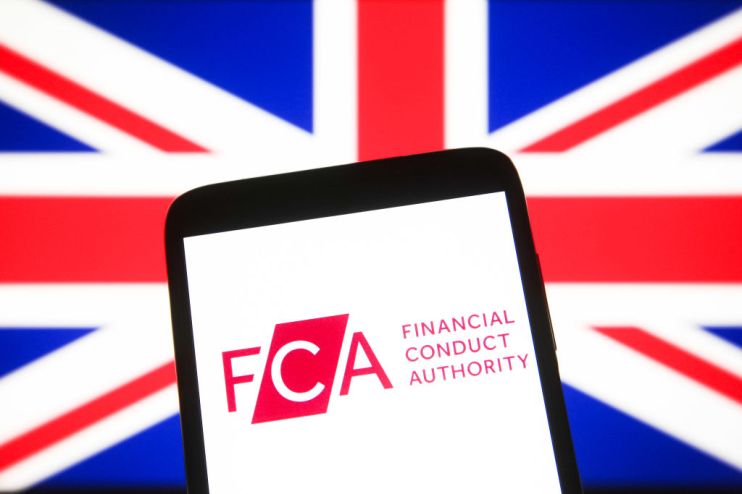FCA will ‘keep its eyes’ on banks’ Q1 results for evidence of savings rate profiteering

Savers are facing a rising “loyalty penalty” from high street banks, the Financial Conduct Authority (FCA) has warned.
Customers banking with the UK’s big name lenders are likely to earn less competitive interest rates on their savings over time, while new savers are given more attractive offers, the City watchdog told MPs today.
“Harm” from this practice to”long-standing customers” is likely to have increased “as the base rate has risen”, the FCA told Parliament’s Treasury committee.
Nikhil Rathi, FCA chief executive, wrote: “It is, and has been, standard practice for firms to offer more attractive rates to new savers, while leaving existing savers earning less competitive rates… Firms should not be seeking to exploit customer inertia.”
New standards under the Consumer Duty, which takes effect on July 31, will require firms to be able to assure themselves and the FCA of the value they offer customers, Rathi wrote.
It “represents a step change in how we can ensure firms are focused on delivering good outcomes”, he told the Treasury committee.
A “focus on the fairness of pricing for all groups of savers challenges this practice and will require a significant cultural shift from firms”, he added.
‘Profiting from rate rises’
The confirmation comes after the committee asked the FCA whether banks were earning disproportionate profits by increasing rates on mortgages far quicker than on savings products.
Rising interest rates mean banks have made higher returns on lending, making them more profitable, while some have faced criticism for failing to pass benefits onto consumers.
Chairwoman Harriet Baldwin commented: “The regulator has now given us official confirmation that the UK’s biggest banks are profiting from interest rate rises and that loyal savers are being increasingly harmed.”
She added: “While it’s welcome to hear the financial regulator is monitoring this situation, we will be keeping a close eye to ensure they act on these assurances.
“Consumers should continue to shop around to get the best rates possible. With banks set to release their first quarter results in the coming weeks, we will be monitoring whether firms are continuing to squeeze profits from their loyal savings customers.”
The FCA said it began consulting on a Single Easy Access Rate (SEAR) policy in January 2020, but paused the work in November that year amid the Covid-19 pandemic.
However, the Consumer Duty is set to go further than the SEAR would have, Rathi said.
‘Helping customers save’
HSBC previously told the committee it “carefully manages pricing decisions” and that its strategy “is to help our customers budget and save better for the long-term”.
Ian Stuart, chief executive, wrote: “We believe many of our rates are very competitive.”
While Barclays chief executive Matt Hammerstein told the committee: “[We] offer a variety of savings products to suit different customer needs… with products explicitly designed to play different roles in helping customers achieve their savings goals.”
Charlie Nunn, Lloyds chief executive, wrote: “To suggest that we rely on customer reluctance to switch to increase profits is simply wrong.
“In fact, we can see that around seven per cent of the balances in instant access savings are moving between competitors every month, which is testament to the transparency and dynamism of a highly competitive market.”
Natwest chief executive Alison Rose said the firm was “acutely aware” of the challenges people were facing during the cost of living crisis and highlighted the £40m support given to personal customers and community partners over the last year.
